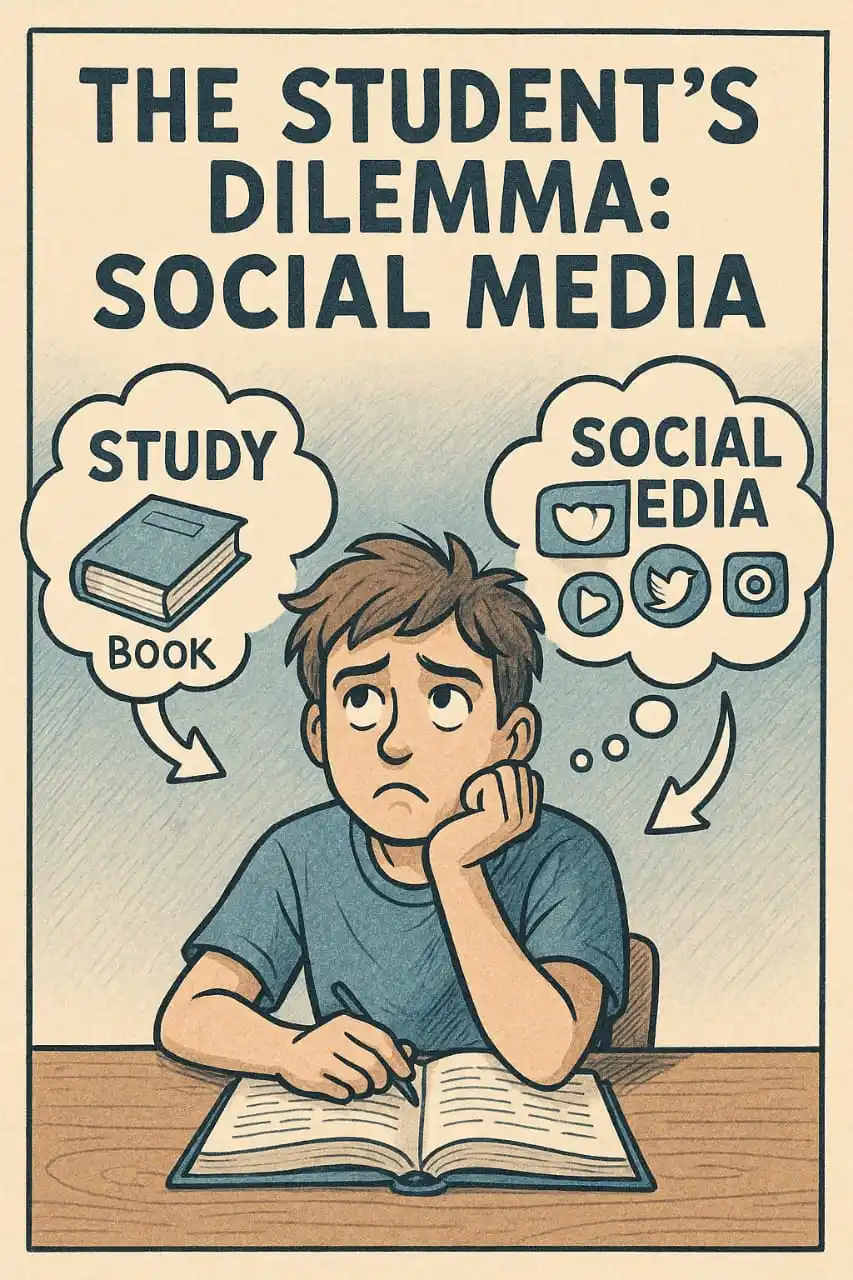
Teach Wise Guru
May 31, 2025 at 04:19 AM
*The Ethical Dilemma of Recording Classroom Moments*
*Written by: Cg. Thanesh Balakrishnan*
As a teacher with nearly two decades of experience, I have often encountered the question, _"Should we record everything that happens in the classroom and share it on social media?"_ At first, the idea seemed harmless—capturing joyful moments, creative activities, and instances of student engagement could be a way to preserve and celebrate learning. However, as I navigated the complexities of modern education, I realized that this practice carries ethical implications that demand reflection.
*A Teacher or a Content Creator?*
There was a time when I found immense joy in documenting lessons, snapping pictures of students deeply engrossed in projects, and even recording their enthusiastic responses during discussions. But as the habit grew, I started questioning my role—was I still a teacher, or had I unknowingly become a full-time content creator? While it is natural to want to preserve memories, turning every classroom moment into social media content risks shifting the focus from education to visibility.
*The Impact on Students*
One day, during a group activity, a student hesitated to participate. Upon inquiry, she admitted, _“I don’t want to be recorded. I feel embarrassed.”_ It struck me then—while I saw the classroom as a space for nurturing talent, some students saw it as a stage they were unwillingly pushed onto. Not every child thrives under the spotlight. Some fear judgment, while others struggle with confidence. By constantly recording, were we truly prioritizing their well-being, or were we creating an environment where their discomfort was overlooked?
*The Line Between Inspiration and Exploitation*
Sharing positive moments can inspire others, but it is crucial to ask: _For whom are we recording?_ If the intent is to foster learning, uplift students, and encourage innovative teaching methods, then perhaps sharing carefully curated content makes sense. However, if the motive leans toward personal recognition, viral visibility, or external validation, then the practice may be misguided. The ethical compass of an educator should always point toward the protection and dignity of their students.
*A Call for Responsible Sharing*
After much contemplation, I changed my approach. Today, before I hit _record_, I ask myself a few questions:
✅ _Does this add value to education?_
✅ _Do the students feel comfortable and have given consent?_
✅ _Am I protecting their privacy and dignity?_
By implementing boundaries, I have found a balance between celebrating learning and safeguarding my students' emotional and social well-being. Educators must remember—we are not just teaching academic subjects but also instilling values. The classroom should be a safe haven for growth, not a broadcast space for every moment captured.
*Conclusion*
Teaching is an art, not a spectacle. While technology allows us to document and share, we must practice discernment. The responsibility of an educator extends beyond delivering lessons—it includes ensuring that students feel safe, respected, and valued. Before reaching for the camera, we must ask ourselves: _Are we truly uplifting our students, or are we turning their learning experiences into entertainment?_
Perhaps the best moments in the classroom are those that remain treasured in the hearts of the students rather than on the screens of an audience.
